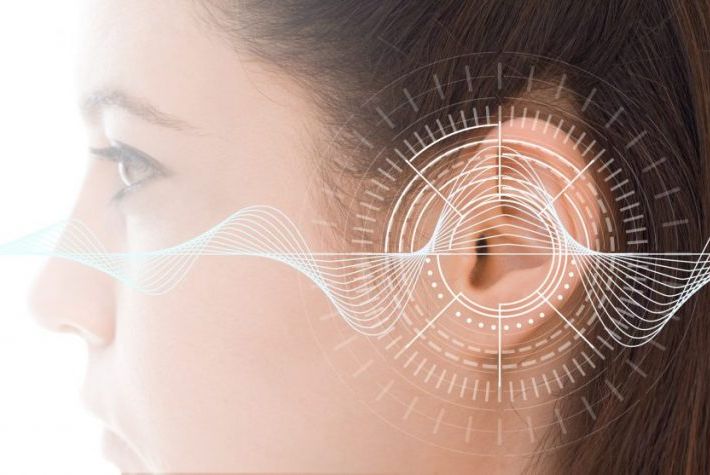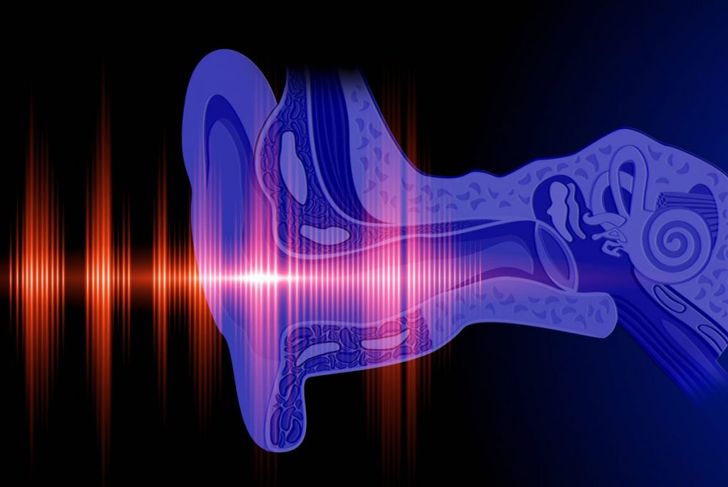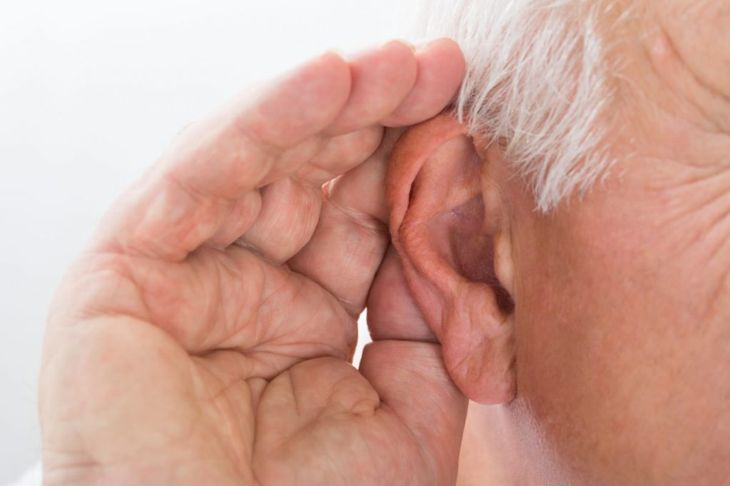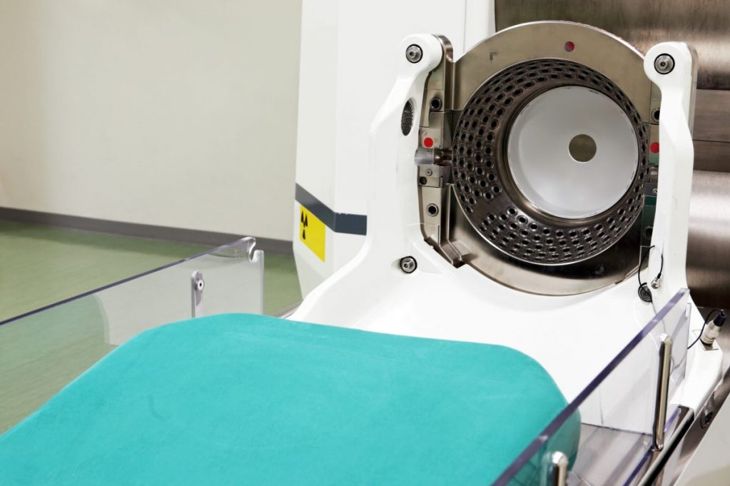Vestibular schwannoma or acoustic neuroma is a slow-growing tumor that can cause hearing loss and ringing in the ear and has a tremendous effect on both balance and hearing. The slow-growing tumor develops on the primary vestibular nerve between the inner ear and the brain. Treatment ranges from regular monitoring by your doctor to radiation and finally surgery. It is quite a rare condition and only affects 1 to 20 people in one million.
The Difficulties With Diagnosis
The slow-growing benign nature of this tumor means that symptoms are slow to become noticeable for many and can take years to know that medical attention is needed. Acoustic neuromas tend to grow very slowly, and they don’t spread to distant parts of the body. Sometimes they are too small to cause any problems or symptoms. Bigger acoustic neuromas can interfere with how the vestibulocochlear nerve works and so causes symptoms.
What Causes Them?
In the case of most acoustic neuromas, the cause has escaped medical understanding. However, in roughly 8 out of 100 acoustic neuromas they are caused by a rare genetic disorder that affects about 1 out of 25,000 people. This disorder is known as neurofibromatosis type 2 (NF2). In these rare cases, those carrying the gene develop tumors on each side of the head. These tumors for some also grow on the spinal cord and membranes that surround the brain.
Are These Common?
Acoustic neuromas are quite rare. Each year somewhere between 1 and 25 people in every million receive a diagnosis of acoustic neuroma or two in the case of NF2 tumors. Children are generally not susceptible and more women develop them than men. They represent about 6% of all diagnosed brain tumors.
What Are The Symptoms?
If you experience these symptoms, you should seek medical care. Based on the unusual nature of acoustic neuromas you’re likely having issues with another condition, but something that merits medical attention regardless. Hearing loss is a common occurrence with an acoustic neuroma and usually only one ear is affected. Additionally, ringing in the ear/ears is common. This is known as tinnitus in the medical community and occurs in about 70% of cases in at least one ear. Ear infections, noise-related hearing loss, earwax buildup can also cause tinnitus.
Additional and Less Common Symptoms
Vertigo or a feeling of dizziness that sends the room spinning is another common symptom. Inner ear issues often cause vertigo, and while it is a common symptom, it is rarely a symptom that presents first. Facial numbness caused by pressure from the neuroma on other nerves is also a common symptom. The pressure usually occurs on the trigeminal nerve. Headaches, earaches, issues with vision and fatigue are additional symptoms albeit considerably rarer ones and all six merits medical attention.
Diagnosis of Acoustic Neuroma?
Your doctor may send you to an ear, nose and throat specialist if he or she suspects you have acoustic neuroma. It’s not an easy diagnosis, and your doctor will need to run tests. If an acoustic neuroma is suspected, the doctor may order an MRI to look for the cause of hearing loss or ringing in the ears. Your doctor will also likely order and perform a hearing test since hearing loss and tinnitus are common symptoms of an acoustic neuroma.
What’s The Treatment?
Treatments for this condition vary widely. Your doctor may merely call for regular checkups and monitoring. Acoustic neuromas are non-cancerous and don’t spread, so waiting is an option. However, if your doctor does not foresee things getting better, he or she will likely look to radiotherapy or surgery. Such a decision will be made based on your overall fitness, age, and the size and location of the tumor.
What Does Surgery Entail?
Depending on the size and position of the acoustic neuroma a neurosurgeon or an ear, nose and throat surgeon will be employed to remove the tumor. You will need general anesthesia for the procedure. In 95% of cases, the surgeon can remove the tumors entirely. This is brain surgery, so doctors don’t dig around and potentially cause more severe problems. If part of the tumor is left behind you may be looking at radiotherapy. You will need to stay in the hospital for a couple of days following the procedure but usually fully recover in six to twelve weeks.
What is Stereotactic Radiosurgery?
In this modern treatment, the doctor will apply radiation to the area where the tumor sits; depending on the location of the growth, this kind of treatment may not be possible in all cases. The equipment needed is quite expensive, and generally, only larger hospitals make the investment. This option often has better results by preserving the nerve and keeping the remaining hearing intact.
What Are The Possible Downsides and Complications?
Damage to the facial nerve can happen following treatment, causing facial palsy. Damage to the vestibulocochlear nerve can cause permanent deafness, but more often results in partial loss of hearing. If the trigeminal nerve is permanently damaged, this can also result in loss of feeling in the face.

 Home
Home Health
Health Diet & Nutrition
Diet & Nutrition Living Well
Living Well More
More




















